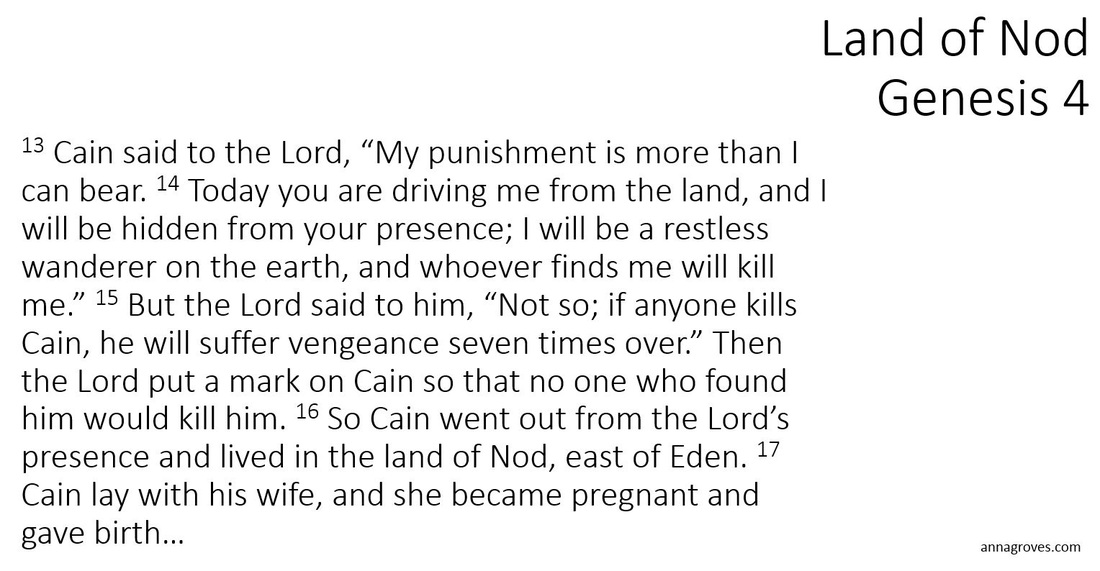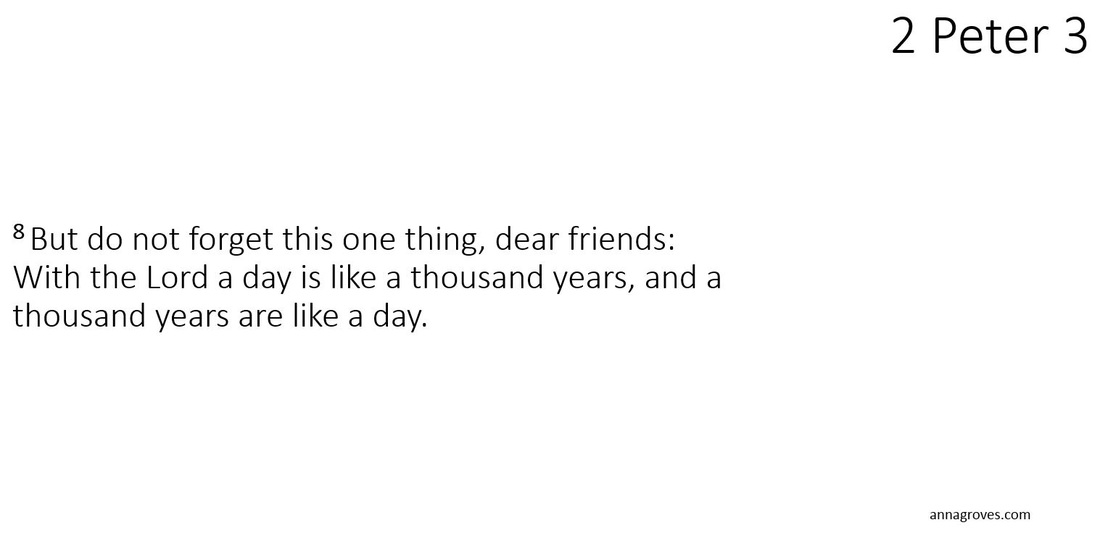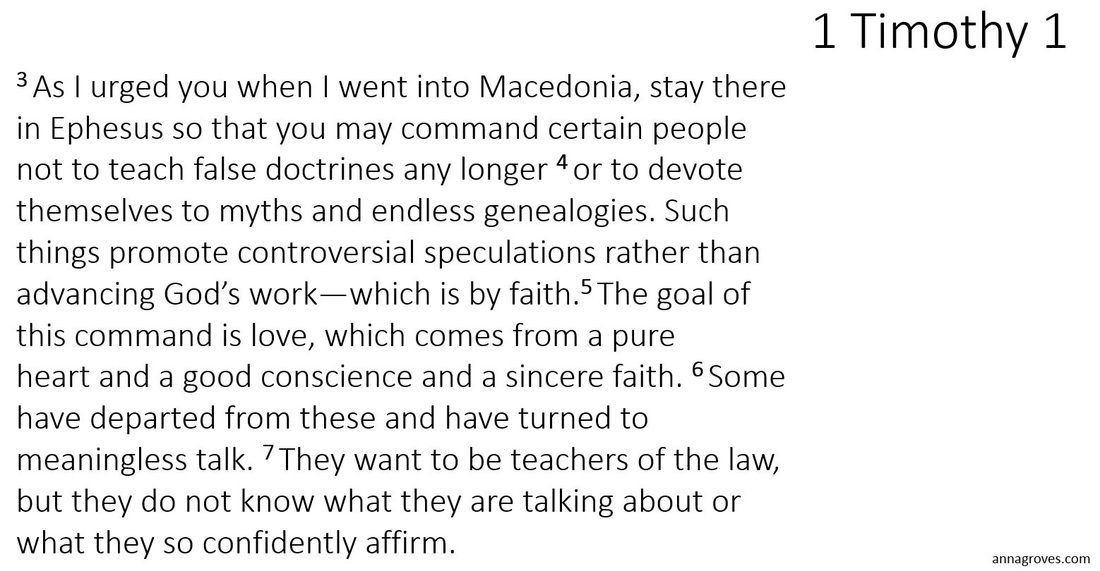Perceived conflicts between religion and science drive people away from religion and prevent others from trusting science. No matter which side you're rooting for, being able to untangle these conflicts will allow people from both sides to have real conversations about faith and about science.
My whole life, I believed that evolution proved that the creation story in Genesis 1 didn't happen. Even though I wanted to believe in God, it was a big stumbling block for my faith that so many Bible stories seemed impossible or disprovable with science or reason.
I've since learned that the all-literal view of how to read the Bible doesn't just conflict with science, it also conflicts with the intentions of the Bible. Yes, a lot of things in the Bible literally happened, and it's important to know which ones. But it's also important to know which parts were never supposed to be read literally, and why. We can't just write-off all the verses that don't make literal sense and believe all the ones we like, but we can-- and should-- take a closer look at the nonsensical ones and decide if it even makes Biblical sense to read them literally.
"In matters that are so obscure and far beyond our vision, we may find in Holy Scripture passages which can be interpreted in very different ways without prejudice to the faith we have received. In such cases, we should not rush in headlong and so firmly take our stand on one side that, if further progress in the search for truth justly undermines this position, we too fall with it. We should not battle for our own interpretation but for the teaching of Holy Scripture. We should not wish to conform the meaning of Holy Scripture to our interpretation, but our interpretation to the meaning of Holy Scripture."
- St. Augustine (AD 354-430) -
Page 1 of the Bible is a great place to start. If you're rusty, check out Genesis 1 here. It's not long at all.
Now, it makes the most sense to first consider the context of the whole book. Who wrote it? When? Why? Books like the Gospels are much more obvious in their context and intentions. The Old Testament, not so much.
Genesis was written by Moses around 1450 B.C. It's like the prequel to Exodus. But unlike Exodus, which is about Moses and was written by Moses as it was happening, the events depicted in Genesis (creation, Adam and Eve, Noah's ark, Abraham, Joseph, etc.) happened long, long before.
This also means it covers a lot of material, from the creation of the earth, all the way up to Joseph (you know, the one with the technicolor dreamcoat) and the Israelites becoming enslaved in Egypt. If you're a young-earth creationist, that's about 9,000 years of history, if you accept the scientific age of the earth, it's more like 4.54 billion years of history. Either way, it's hard to condense that much information into 50 chapters, and therefore Genesis must just be the highlights.
It's also important to know something about the audience Genesis was written specifically for-- the Israelites. When God sent Moses to free the Israelites from slavery in Egypt, they had been there for four hundred years. That's a really long time. Do you know anything about your ancestors from 400, or 1000 years ago? Are you even sure what country they were in, or what God they would have worshiped? After that much time, the Israelites wouldn't have known why they were in slavery or where they came from. They would have worshiped the Egyptian gods. If Moses had just walked up and been like, "Hey Israelites, God sent me to save you!" they probably would've said "Who?? And what did you just call me??" So God sent them Genesis (via Moses) to fill them in.
There are a few obvious goals of Genesis, based on both what we know about the situation, and what we actually see written on the pages. The Israelites needed to find out who they were, who God was, and why either was relevant. It was relevant because of all these conversations God had had with their ancestors. Promises were made, you know. And who is God? Well, He's the one that created the earth and created people.
Now, if I were telling people about God in 1450 B.C., long before modern science, I would definitely not attempt to explain physics, astronomy, the big bang, evolution, dinosaurs, how evolution can actually make even the most complicated morphological structures, and so on. I would probably just say something like, you know the ocean? God made that. And plants? God made those too. God made everything! Including you. That would probably get the point across well enough.
Not surprisingly, that's what Genesis 1 says. In fact, to have so much hubris that we think God "owed it to us" to give a full recap of every step He took during the formation of the universe, something we humans probably will never fully comprehend, is ridiculous.
God wasn't trying to write us a science textbook that would dull our curiosity about the natural world for thousands of years to come. It seems pretty clear that He was just trying to say, "Yo! I am God!"
98% of Genesis is about the ancestors of the Israelites. I don't think that 98:2% content ratio was an accident. Maybe 98% of the point of Genesis is the beginnings of Israel and their relationship with God. By that logic, maybe the creation story is really only 0.095% (1 page out of my Bible's 1048) relevant to Christianity? I'd like to similarly sum up how often Jesus tells you to love your neighbor and compare it to how often Jesus says to discriminate against others..........
Anyway, it seems like there are plenty of historical reasons why the creation story in Genesis 1 might not have ever been meant to be literal.
This won't matter to some people.
But there are also clues in the Bible that support this, too.
First, if you insist on reading every verse of Genesis literally, regardless of context, you'll run into some contradictions.
In Genesis 1, the order of creation-events is:
Light
Sky
Land and seas
Plants
Sun and stars
Living creatures
Man
Apparently water is there all along, there are few days of "light" before the sun and stars are made, and days aren't separated from nights until the fourth day. The only way, to me, that this makes any sense is that it wasn't supposed to be the literal order of events in the first place. But let's keep reading.
Before Genesis 2 gets into the details about Adam and Eve, it recaps the creation. In a different order.
God creates:
Heaven and earth
Water
Man
The Garden of Eden
Then puts man in the Garden of Eden (where was he before??)
Trees
Animals
Eve
If you're reading Genesis literally, I'd really like know know which order of events you ascribe by, and what your justification is. Atheists probably enjoy pointing out places where the Bible contradicts itself. But maybe it's just a clue that these verses were never intended to be interpreted literally in the first place.
Let's keep going.
So maybe it doesn't matter that chapter 1 and chapter 2 are different orders of events. God created Adam and Eve out of dust and a rib, respectively, and therefore they were the first two people on earth. Evolution couldn't have had anything to do with it. Okay, fine.
Adam and Eve have two kids, Cain and Abel. The literal interpretation so far is that there are 4 human beings on the planet. Long story short, Cain murders Abel (and then lies about it to God-- seriously, Old Testament people, you are so dumb). His punishment is banishment from the Garden of Eden. Here's the conversation he has with God:
Who are all these other people that are going to kill Cain??? Who lives in the the Land of Nod??? The Bible CLEARLY tells us, not 3 pages after the creation story, that Adam and Eve and son(s) are not the only human beings on the planet. This part gets me worked up. No Christian should think that Adam and Eve are the parents of all humans on earth, and that that's an argument against evolution.
The Bible tells us there are other people.
Here's another Bible verse for you. This time from 2 Peter, in the New Testament. It's a bit out of context (beware, people taking Bible verses out of context for their own uses!!) but I think still applies.
I'm all about the evidence for evolution, but I understand the reasons why science alone cannot overturn an important teaching of the Bible. I do, however, think it makes the most sense to study the Bible more closely than just reading every word on every page literally.
If Genesis 1-- the seven-day creation story-- was never meant to be literal, there is no longer any reason why learning about science and evolution would conflict with it. Learning about how God made the earth and how God made humans should be exciting to Christians, not threatening! Also, interpreting Genesis 1 as (in my opinion, correctly) non-literal does not mean we have to interpret the rest of Genesis the same way. Adam and Eve are even more important to the story of Christianity than creation (i.e., we don't need Jesus without sin, which is Adam and Eve's fault), so they'll get their own examination in another post.
Perhaps most importantly, we shouldn't even obsess over this stuff unless it's keeping someone from believing, like it did me. I fear that anyone who is taught to read the whole Bible literally is at risk of having their faith shattered as soon as someone teaches them some basic science. We (Christians) shouldn't want this to happen. Trying to discredit scientists is not a good solution, especially when the real solutions are right there in the Bible.
Hopefully this info will help someone like it helped me.
Take care,
Anna
Thanks to my Pastor Noah for encouraging our church to read the Bible seriously, not just literally; and the organization BioLogos for caring about the harmony between faith and science! Most of the details of this post comes from what they've taught me.





